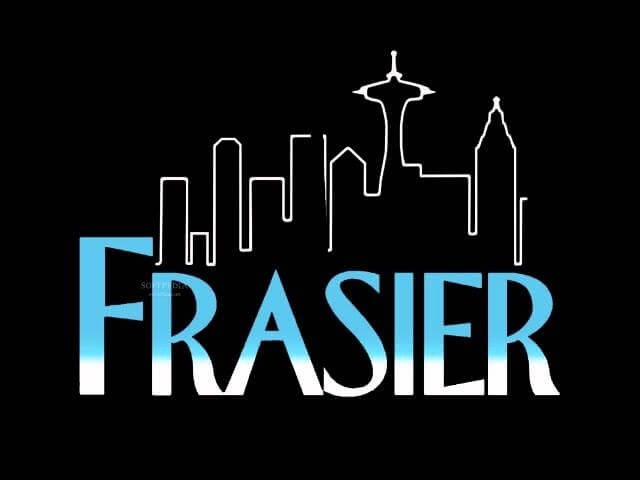Google embraces inclusivity by making its salad emoji egg-free, "vegan"

There’s a whole branch of linguistic theory that suggests that the words we know (and the languages we learn them in) have an inescapable knock-on effect on the thoughts and ideas we’re then able to express. We have to assume—having resignedly been forced to acknowledge a few years back that they do, technically, count as language—that that idea applies to emojis, too, so thank god for Google, which just eliminated some needless cognitive calories from our brains by taking the hard-boiled eggs out of its Android salad emoji.
This is per the Twitter account of Jennifer Daniel, former graphics editor for the New York Times, current UX-Art Manager for Google’s Expressions team, and somebody who obviously thinks about emojis a lot, in some pretty deep and fascinating ways. Daniel started posting about changes the company was planning for its Android phone system’s emojis earlier today, and the salad-shift was one of the most eye-catching announcements.
But while Daniel did tell the authors of a recent Outline article on the changes that her team has gotten complaints about the non-vegan, “unnecessary” presence of the egg in the Greek salad emoji, she later made it clear on Twitter that the primary reason for the change was to bring it closer to the basic Unicode description, which dictates what all emojis “should” look like. In this case, it calls for “A bowl of healthy salad, containing lettuce, tomato, and other salad items such as cucumber.”
Fair enough. But why did she have to change the goat emoji, too?
I mean, look at the little guy: Sure, he’s angry, but he’s got personality! We get the turtle—he’s gone from sad and kind of stoned to “just got a new Adderall prescription”—but why did you have to de-sass the goat? What is the world coming to? As the Outline piece points out, though, at least it’s still better than Facebook’s:
Meanwhile, all complaints or questions about tossed salad and scrambled eggs can be directed to our resident expert: